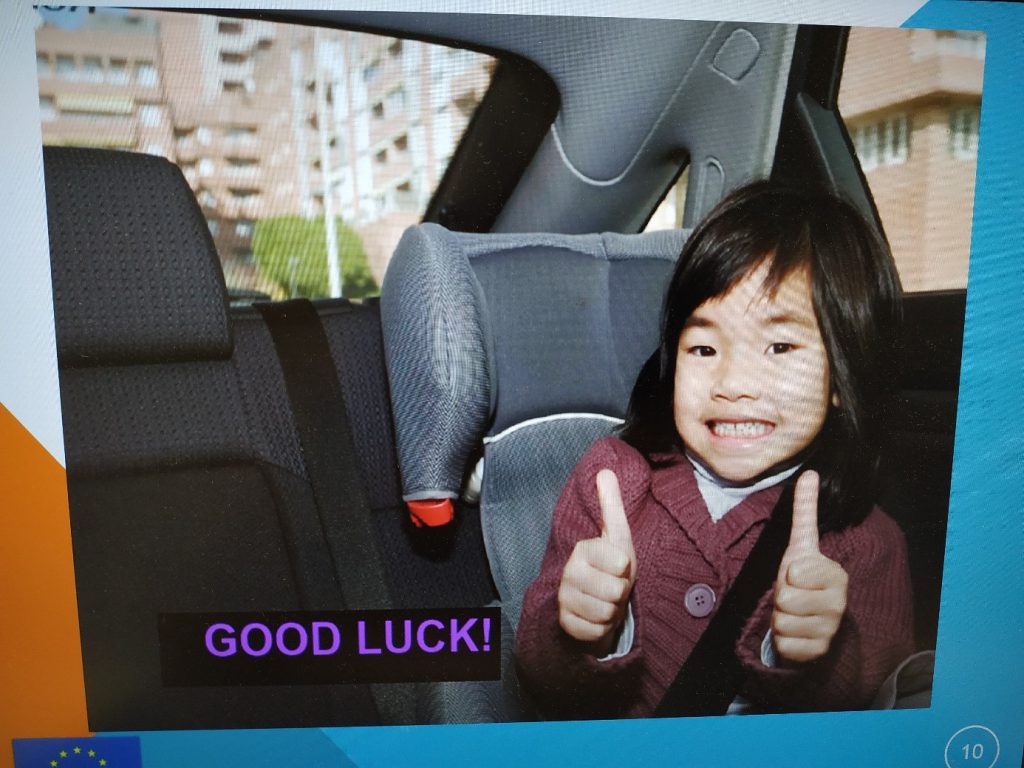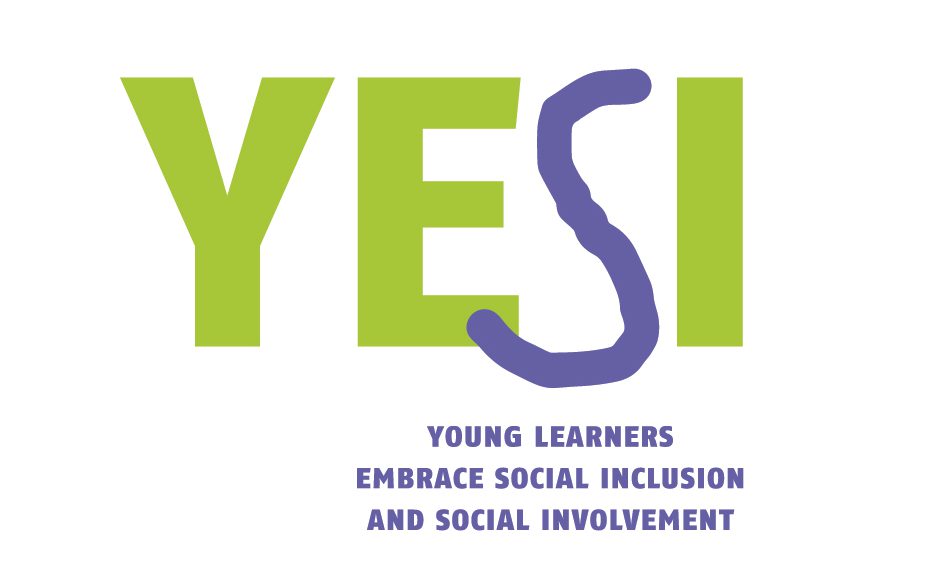4th transnational meeting of the project management teams
Dimitrovgrad, Serbia, July 6th, 2022
The final meeting of the project management teams was hosted by the Serbian partners from Osnovna Skola “Hristo Botev”. The project coordinators discussed the achieved results and planned the forthcoming tasks. It was a long and fruitful day with many activities.
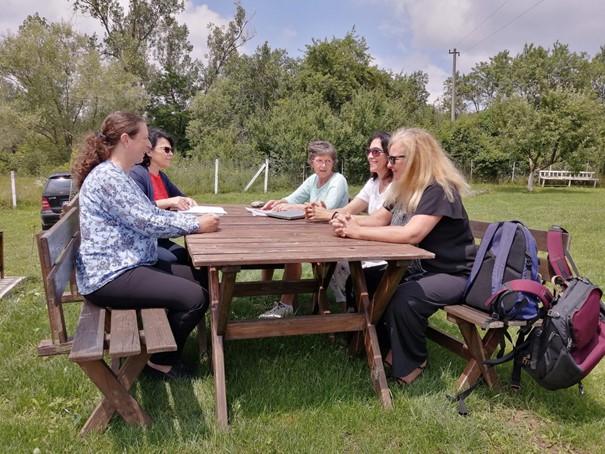
Apart from working hard on the busy agenda, we also really enjoyed our last meeting – last within the project, but, with all the bonds created during the three years of the project life cycle, it will definitely not be the last one.
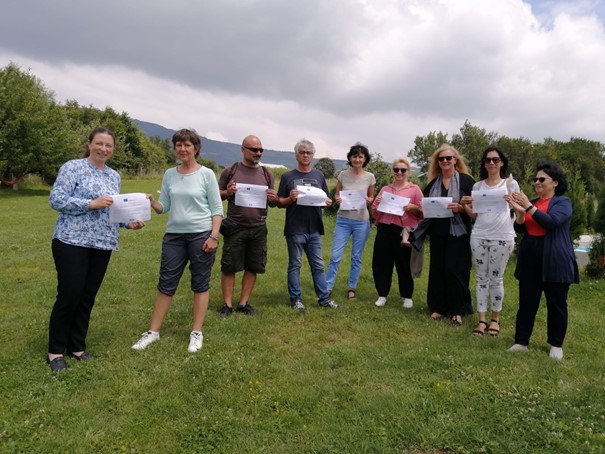
Third transnational meeting of the project management teams
Santarém, Portugal: September 25-26, 2021
The meeting was hosted by the Portuguese partners from IPSantarém. It was meant to sum up the completed tasks and the results from the second year of the project implementation and discuss in detail the forthcoming tasks during the last year of the project. All partners had their representative attend the meeting.
During school year 2020-2021 the training resources have been piloted in 36 (BG – 15; GR – 8; SR – 5, PT – 8) classrooms with some 700 students (initial poll) and 560 ones (final poll). The following schools were involved in pilot stage 1:
- Bulgaria (Sofia) – 6 primary school “Graf Ignatiev”; 2 seconady school “Emiliyan Stanev”;20 primary school “Todor Minkov”, 145 primary school “Simeon Radev”, 81 secondary school “Victor Hugo”;
- Greece – 15ο Δ.Σ. ΚΑΛΑΜΑΡΙΑΣ 100ο Δ.Σ. ΘΕΣΣΑΛΟΝΙΚΗΣ Δ.Σ. ΑΓΙΟΥ ΑΝΤΩΝΙΟΥ Δ.Σ. ΤΑΓΑΡΑΔΩΝ 20ο Δ.Σ. ΚΑΛΑΜΑΡΙΑΣ 101ο Δ.Σ. ΘΕΣΣΑΛΟΝΙΚΗΣ
- Serbia – Osnovna Skola Hriso Botev
- Portugal – Agrupamento de Escolas Cidade do Entroncamento-Escola Secundaria com 3º Ciclo do Entroncamento
The partners we introduced to the analytical report comparing students’ opinion and understanding of project topics prior and after the training activities during pilot stage 1.
All teachers who were involved in piloting the training resources filled in questionnaires prepared by the project team. The answers were processed and a common evaluation report was created. With the provided answers and comments the teachers evaluated some important aspects of the training resources from the Resource Pack. They provided some suggestions for changes in the training resources considering the practical implementation in the classroom. The suggestions and modifications had been processed by the project management teams and were discussed with the authors of the Resources Pack. Some of the suggestions were accepted and the necessary changes had been made before the joint staff training event held in Serbia earlier in September, 2021.
The project management teams discussed the forthcoming tasks for the last year of the project – implementation in schools, extra training events at local level, evaluation and dissemination activities, issues with some sections of the web site, etc.
Second transnational meeting of the project management team
Thessaloniki, Greece, February 18, 2020
The meeting was hosted by the Greek partners from AENAO. Its goal was to discuss the structure of the Teacher’s Toolkit (comprising the Handbook for teachers and the Digital Tool), the technical requirements to the e-resources and the opinion poll questions.
Prior to TPM2 partners have taken the following decisions:
- Accepted the withdrawal of the Regional Center for Professional Development in Education (RCPDE) from the project.
- Accepted the new partner from Serbia – Osnovna Skola “Hristo Botev”, Serbia.
- Authorized the lead partner to take the necessary steps to inform the NA and sign an annex regarding the change of partner.
- Agreed on the specific tasks of new Serbian partner.
During the meeting project partners completed the following activities:
- Prosveta foundation reported about the legal actions completed related to the change of partner.
- Partners presented the five resources created at national level and discussed the contents and the technical characteristics.
- Partners discussed the interface and architecture of the project website.
- Partners discussed the structure and scope of the opinion poll considering the age group specifics.
Decisions:
- Have all training resources ready by April 30, 2020 – English versions.
- Have the website ready by February 29, 2020 – English version.
Kick-off meeting
Sofia, Bulgaria, November 13, 2019
Prosveta-Sofia Foundation, in partnership with Instituto Politecnico de Santarem, Center for non-formal education (Thessaloniki) and Regional Center for Professional Development in Education (Serbia) have launched a new Erasmus+ project aimed at innovation in the sector of school education. The participating organizations from Bulgaria, Greece, Portugal and Serbia have broad experience in creating teaching resources for school education and delivering trainings to students and teachers. You can read more about the expertise and experience each partner brings to the project on the Project Partners page.
The project aims at supporting students and teachers in becoming more open-minded and accepting the diversity of the surrounding world; at understanding and respecting differences among people and at learning what is the meaning of being an active member of the small community of your class and school. The project is targeted at students in primary schools and their teachers.
To do so, the project will create a Teachers Toolkit with 36 training resources. Each training resource will comprise detailed instructions for the teachers and numerous e-resources so that they could deliver trainings to their students on topics related to children’s/ human rights, diversity and social inclusion, and active citizenship and social involvement. The teachers will be trained on how to use the Teacher’s Toolkit and it will be used on a regular basis during school years 2020/21 and 2021/22 in some 60 classrooms in Europe.
Project partners met on November 13, 2019 in Sofia, Bulgaria to formally launch the project, to discuss some organizational and methodological aspects of prospective work and agreed on a detailed plan for the first year of the project.
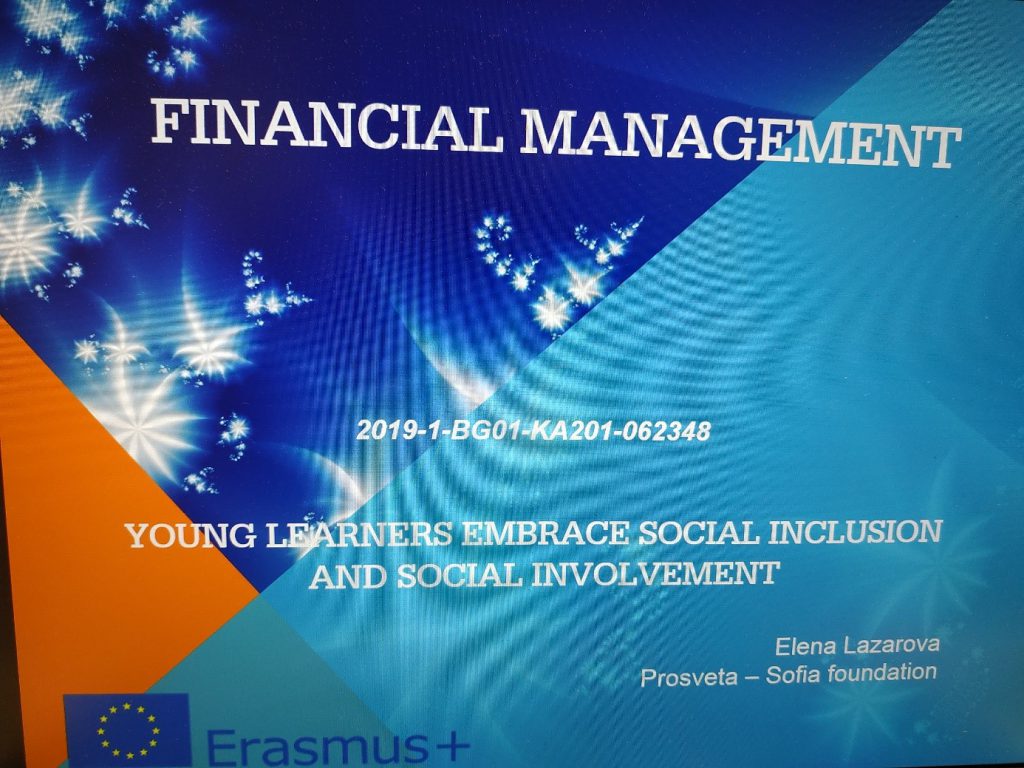
During the following months the partners will start creating the training resources in the three modules:
- Children’s Rights (Human Rights);
- Diversity and Social Inclusion;
- Active Citizenship and Social Involvement.
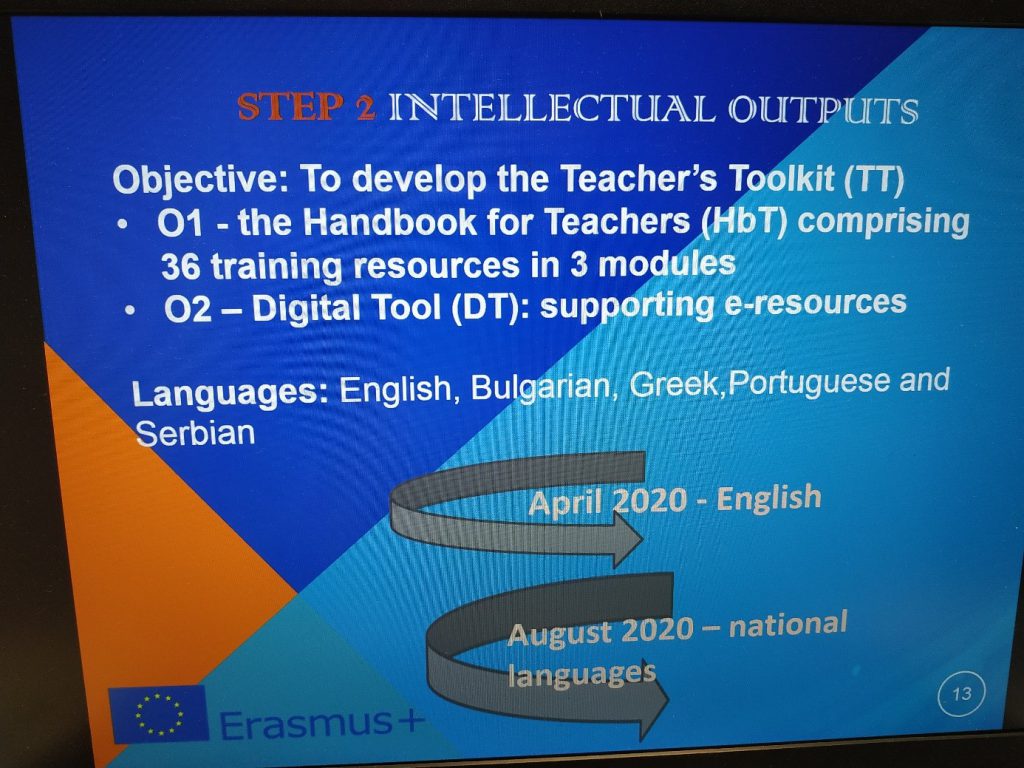
The second transnational meeting will be held in Thessaloniki in February. It is aimed at discussing the headway regarding project outputs. The partners discussed the situation with the Serbian partner Regional Center for Professional Development in Education who informed the project manager just before the KOM that they have to withdraw from the partnership because their status was changed by the local authorities in Nis, so they no longer are a separate legal entity. The partners analyzed the issue and took the decision to look for a new organization from Serbia, and to create the training resources that had to be created by the Serbian partner so that the partnership would keep up to the project timetable.
